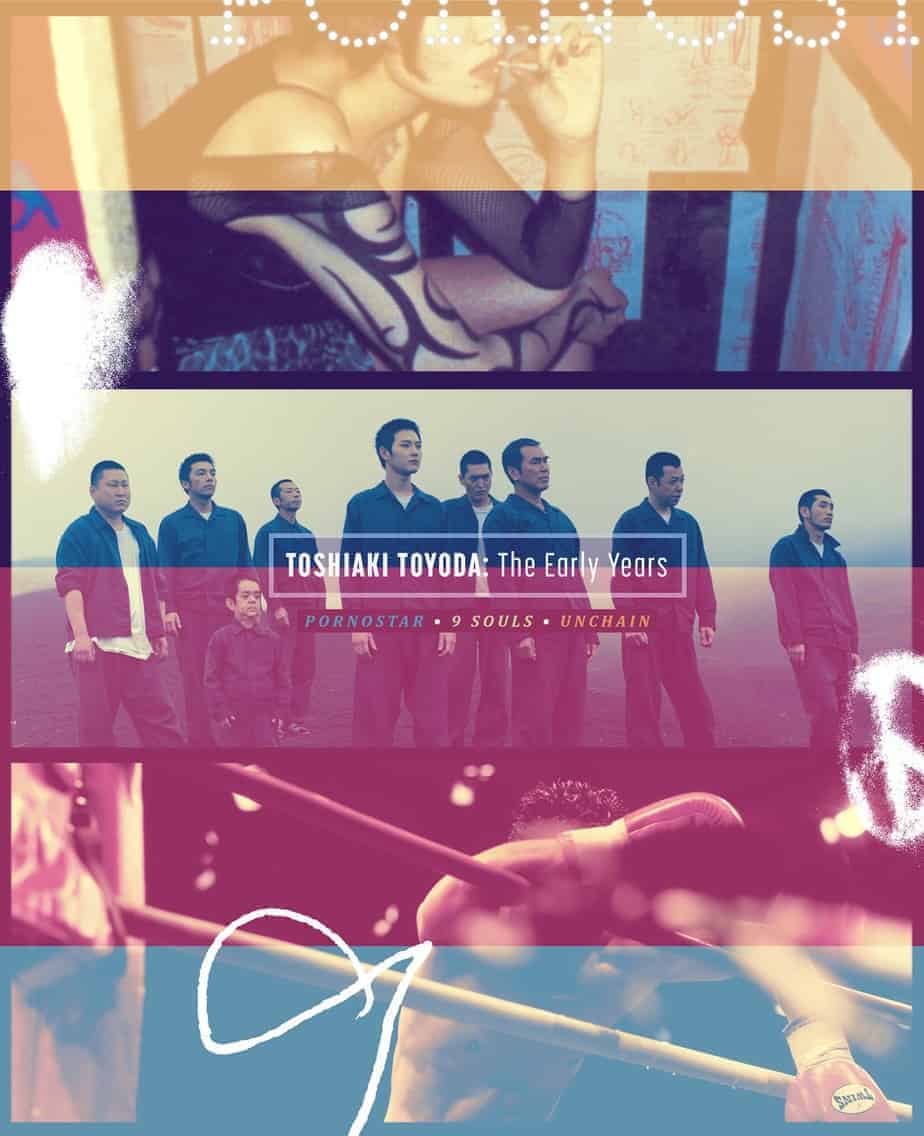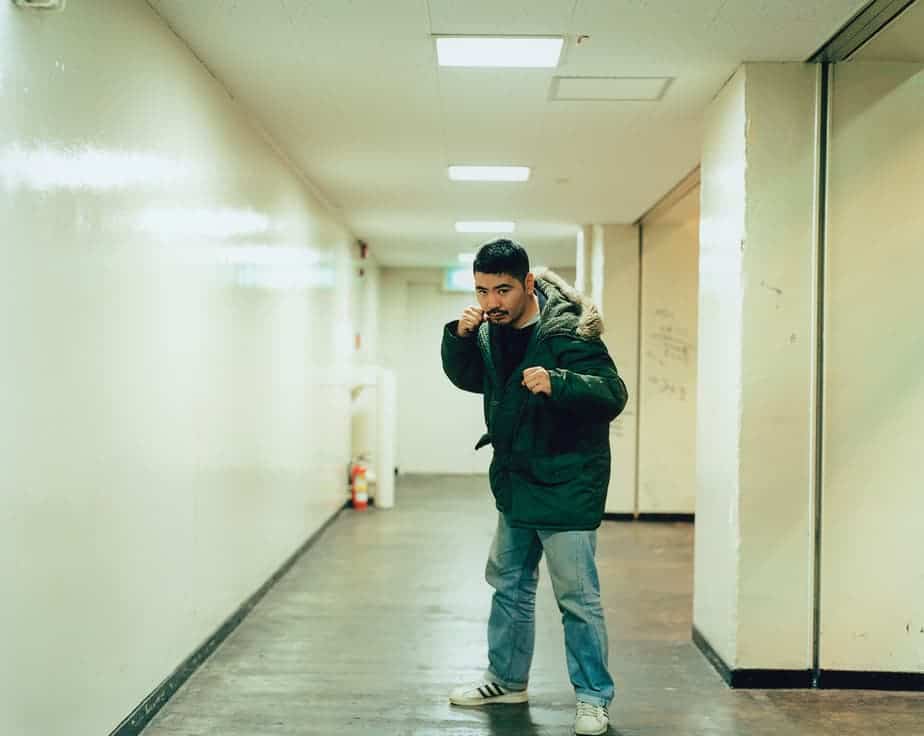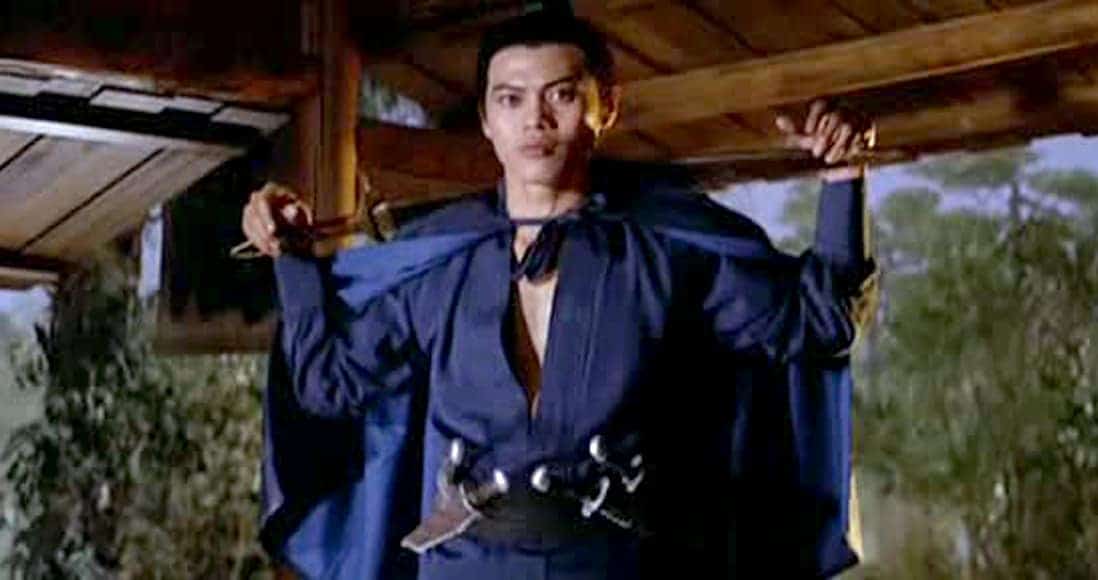Films and documentaries about underdogs that manage to win, or people who were winners all their life is something common in cinema. Toshiaki Toyoda though, chose to deal with the exact opposite subject, a group of people (Tetsu Garuda, Seichiro Nishibashi, Osamu Nagaishi) headed by “Unchain” Kaji, who do not seem to get a break from the day they were born.
Buy This Title

As the story unfolds starting with Kaji, we learn of his unfortunate life, which actually begun from his birth. His parents abandoned him when he was an infant and he was raised by his uncle, although he did not know that until he became 18. His uncle eventually died and he took up boxing, without, though, managing to win even once, as he retired with a record of eight losses and one draw, after severe damage to his eye. As he tries to start a new life as a civilian, his situation becomes even worse, despite the efforts of his friends.
Toyoda followed Kaji and his friends for four years, recording their lives, which, despite their occasionally desperate efforts, do not seem to improve. Particularly in Kaji's case, his life is a never-ending downward spiral, as he seems to survive just by the faithfulness of his friends. Even that though, is not absolute.
The documentary includes slideshows from the plethora of photographs the four friends have taken together and individually, while a large part of the duration shows live video from their fights in the ring. There are also some cinematic sequences with actors, which, as Toyoda explains in an interview included in the release, were used where the actual testimonies were not “strong” enough.
Once more in a Toyoda production, music plays a very important role, with the recurring theme of a Japanese remix of “Unchain my Heart” by Ray Charles (Kaji actually took his nickname from this song), being the perfect soundtrack for the footage presented on screen, along with a number of others alternative tracks. Chihara Junia's narration is also a perfect fit for the film's aesthetics.

As the 98 minutes of the film ended, I could not exactly describe its appeal and the reason I could not take my eyes off the screen for its whole duration. Evidently, Toyoda manages to appeal to a sentiment that I did not even know existed, and that is, in my opinion the film's biggest success.
















